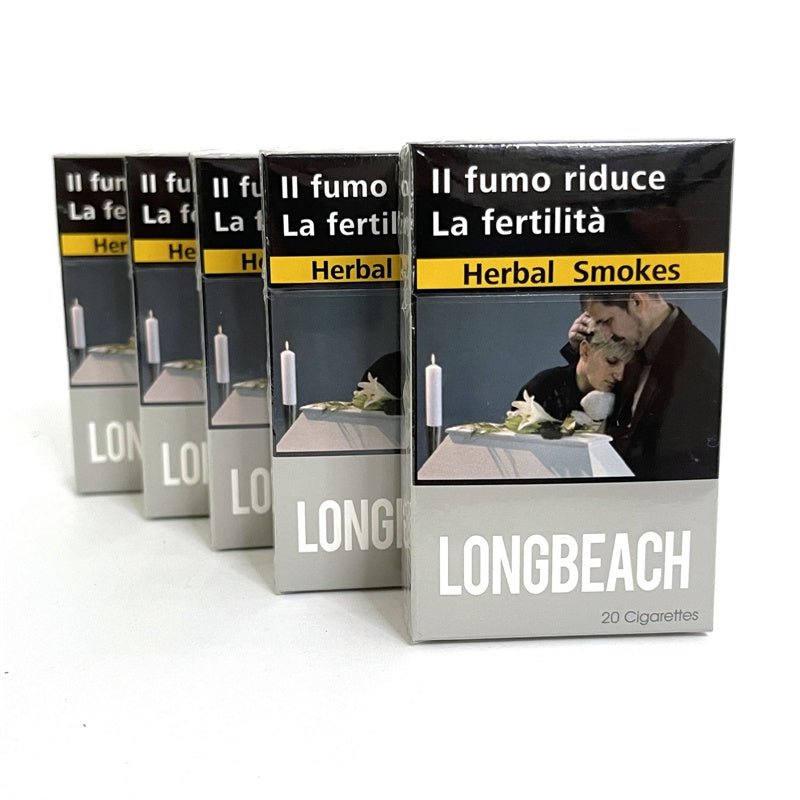Recently, according to Brazilian media Olhardigital, Brazil’s National Health Supervision Agency (Anvisa) will discuss opening public consultations. The approval gives members of society a 60-day period to express their opinions to determine the future development of e-cigarettes in the country.
Previously, the Anvisa Committee spent more than seven hours listening to the opinions of public agencies on the regulation of DEF (e-cigarette devices) and its possible impact on the trafficking of these devices and the health of the Brazilian people.
Statements were read out from Brazil's Ministry of Health, the National Cancer Institute (INCA) and the Ministry of Justice and Public Security, among others.
In accordance with RDC Resolution 46, Anvisa has banned the production and sale of e-cigarette devices since 2009.
On October 17, Brazilian Senator Soraya Thronicke proposed Bill 5,008/2023, proposing to regulate the country’s e-cigarette trade. The proposal seeks to authorize the production, import and sale of equipment nationwide.
The bill proposes specific rules such as a ban on sales to users under 18 years of age, a veto on the production of open system devices, and a ban on packaging with sweet scents and reminders of children. The text of the bill also explains why Brazil’s e-cigarette users have grown exponentially despite Anvisa’s ban, and cites international research data showing that e-cigarettes are more effective than other nicotine products in preventing the spread of traditional tobacco products. use.
A survey conducted by Intelligence in Research and Consultancy (IPEC) shows that the number of e-cigarette users quadrupled between 2018 and 2022, with 23.9% (almost a quarter of the total) of young Brazilians aged 18 to 24 People have tried e-cigarettes.
The health hazards of these products have sparked widespread discussion in Brazil's scientific community, which is divided over the conclusions of international studies comparing the health hazards posed by these devices to traditional cigarettes.
In September 2023, the Senate held a public hearing to discuss e-cigarette regulation and health effects, on which debaters did not agree.
"What's more dangerous than regulation is no regulation because we don't know what substances our population is consuming," Tronick, who chaired the hearing, said, defending the urgency of "making regulatory proposals based on reality."
